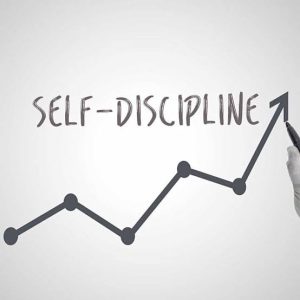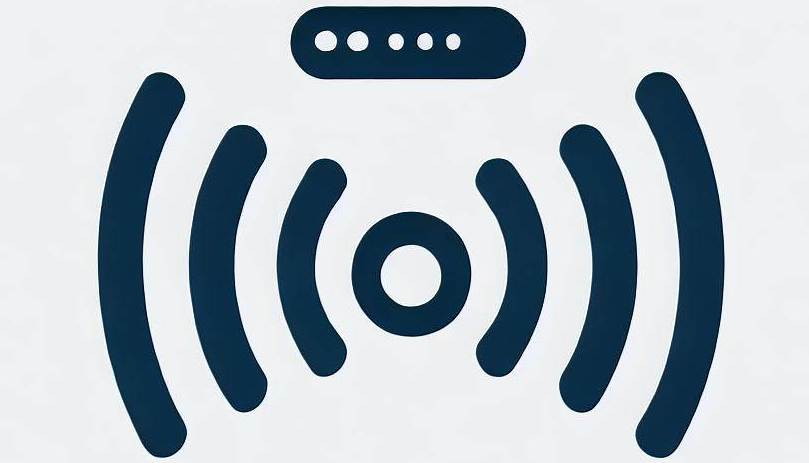Discipline Unleashed: A Guide to Cultivating the Art of Self-Control
-
Definition of self discipline
-
The benefits of self discipline
-
How to become a disciplined person
Definition of self discipline
Self-discipline is the ability to control, regulate, and direct one’s own actions, thoughts, and emotions in order to achieve a specific goal or maintain a particular standard. It involves making conscious choices that align with long-term objectives, even in the face of distractions, challenges, or temptations. Self-discipline requires personal responsibility, commitment, and the cultivation of habits that contribute to individual growth and success. It is a key trait in personal development, enabling individuals to overcome obstacles, stay focused, and consistently work towards their desired outcomes.

The benefits of self discipline
Embracing self-discipline brings a myriad of benefits that positively impact various aspects of one’s life. Here are some key advantages:
- Goal Achievement:
- Self-discipline is the bridge between setting goals and achieving them. It empowers individuals to stay focused on long-term objectives, guiding them through the necessary steps with consistency and determination.
- Improved Productivity:
- Discipline fosters a structured routine and work ethic, leading to increased productivity. By eliminating procrastination and maintaining focus, tasks are completed efficiently and with higher quality.
- Enhanced Time Management:
- Self-disciplined individuals are skilled at managing their time effectively. They prioritize tasks, set deadlines, and allocate dedicated time to various responsibilities, optimizing their daily schedules.
- Increased Resilience:
- Discipline builds mental resilience, enabling individuals to persevere through challenges, setbacks, and failures. It instills the mindset that setbacks are temporary obstacles, not permanent roadblocks.
- Healthier Lifestyle:
- Self-discipline extends to health and well-being, promoting habits such as regular exercise, balanced nutrition, and sufficient rest. These practices contribute to physical and mental health, fostering a higher quality of life.
- Financial Stability:
- Discipline plays a crucial role in financial management. It encourages responsible spending, saving, and budgeting, leading to financial stability and the ability to achieve long-term financial goals.
- Improved Decision-Making:
- Self-disciplined individuals tend to make more thoughtful and rational decisions. They are less swayed by impulsivity and external pressures, resulting in choices aligned with their values and objectives.
- Building Positive Habits:
- Discipline is the cornerstone of habit formation. It enables the consistent practice of positive behaviors, turning them into habits that contribute to personal growth, success, and overall well-being.
- Increased Confidence:
- Achieving goals through self-discipline enhances self-esteem and confidence. The knowledge that one has the ability to control their actions and make positive choices fosters a sense of empowerment.
- Effective Stress Management:
- Discipline provides a structured approach to handling challenges, reducing stress levels. Self-disciplined individuals are better equipped to face adversity, maintaining composure and problem-solving skills.
- Stronger Relationships:
- Self-discipline extends to interpersonal relationships. It involves qualities like patience, empathy, and effective communication, fostering healthier connections with others.
- Long-Term Success:
- Consistent self-discipline is a key predictor of long-term success. It positions individuals to navigate the complexities of life with resilience, focus, and the ability to adapt to changing circumstances.
How to become a disciplined person
In the chaotic dance of daily life, where distractions abound and temptations lurk at every corner, the pursuit of discipline is like mastering a skill – it requires dedication, practice, and a mindset ready for transformation. So, if you’re ready to break free from the chains of procrastination and embrace the empowered life of a disciplined individual, read on for some sage advice.
- Define Your Why: The North Star of Discipline
Discipline is not a destination; it’s a journey. And every journey needs a compelling reason to embark upon. Before you dive into the mechanics of discipline, take a moment to define your “why.” Ask yourself: Why is cultivating discipline important to you? Whether it’s achieving career goals, leading a healthier lifestyle, or mastering a skill, knowing your purpose will be the guiding star on your disciplined journey.
- Set Clear, Achievable Goals: The Roadmap to Success
Discipline thrives when there’s a roadmap in place. Define your goals with precision, making them specific, measurable, achievable, relevant, and time-bound (SMART). Break down larger goals into smaller, manageable tasks. This not only makes them less daunting but also allows for a steady stream of small victories that reinforce your disciplined habits.
- Create a Routine: The Backbone of Discipline
A disciplined person thrives on routine. Establishing a daily or weekly schedule helps create a structured environment that minimizes distractions and fosters focus. Identify your most productive times and allocate them to your most crucial tasks. Consistency in routine turns discipline from a sporadic effort into a reliable habit.
- Prioritize Tasks: The Art of Saying No
Discipline involves making tough choices. Learn to prioritize your tasks based on urgency and importance. The Eisenhower Matrix, a simple tool that categorizes tasks into four quadrants, can be incredibly helpful. It helps you identify what needs your immediate attention and what can be delegated or eliminated. Saying “no” to non-essential tasks frees up your energy for the activities that truly matter.
- Develop Healthy Habits: Fuel for Discipline
Discipline is closely intertwined with physical and mental well-being. Ensure you get adequate sleep, maintain a balanced diet, and engage in regular exercise. These habits provide the necessary fuel for your disciplined endeavors. A healthy body and mind are more resilient and better equipped to handle challenges.
- Embrace the Power of Consistency: Small Steps, Big Impact
Consistency is the heartbeat of discipline. Focus on small, consistent efforts rather than sporadic bursts of intense activity. A disciplined person understands that the path to success is paved with daily rituals and incremental progress. Celebrate the small victories along the way, as they contribute to the cumulative power of consistency.
- Learn from Setbacks: Resilience in Action
Discipline is not about perfection; it’s about resilience. Accept that setbacks are a natural part of any journey. When faced with challenges or moments of weakness, reflect on the experience and extract valuable lessons. Adapt your approach, refocus on your goals, and use setbacks as stepping stones toward improvement.
- Surround Yourself with Positivity: The Supportive Ecosystem
Building discipline is not a solitary endeavor. Surround yourself with positive influences, whether it’s supportive friends, mentors, or resources. A network of encouragement helps you stay accountable, provides motivation during tough times, and reinforces the belief in your ability to cultivate discipline.
Becoming a disciplined person is an ongoing process, a journey that unfolds day by day. It requires a commitment to growth, a willingness to learn, and an understanding that discipline is not a restrictive force but a liberating one – setting you free to achieve the greatness that lies within. So, embark on this transformative journey with purpose, armed with these pieces of advice, and watch discipline become the secret sauce to your personal and professional success.













